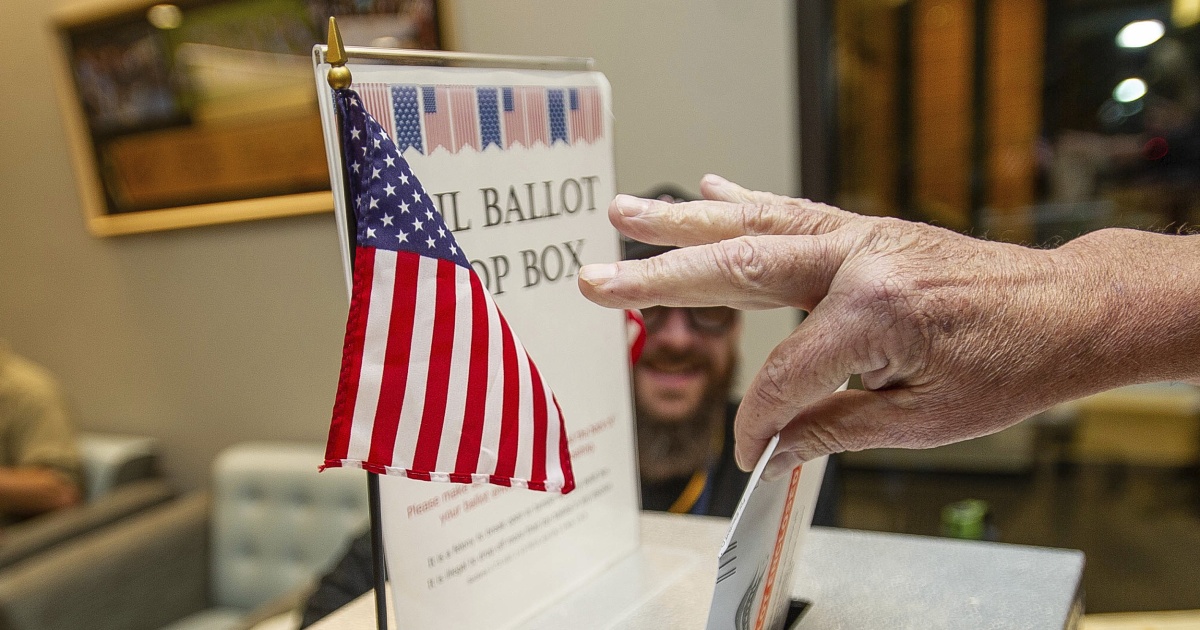Florida voters latest Republicans to be charged with voter fraud

We’re well past the point at which Donald Trump and his most rabid followers will listen to reason about the 2020 presidential election. But for those inclined to consider evidence, there’s plenty to consider.
The Associated Press launched an ambitious project this year, reviewing every potential case of voter fraud in six states — Arizona, Georgia, Michigan, Nevada, Pennsylvania, and Wisconsin — where the former president has made bizarre allegations. The AP found 473 possible cases.
That may sound like a lot. It isn’t. Given the tens of millions of ballots cast in these states, and the margin of President Joe Biden’s victory, the potential cases are inconsequential. As the AP’s report noted, “The cases could not throw the outcome into question even if all the potentially fraudulent votes were for Biden, which they were not, and even if those ballots were actually counted, which in most cases they were not. The review also showed no collusion intended to rig the voting.”
The AP added, “The findings build on a mountain of other evidence that the election wasn’t rigged.”
But as obvious as these facts are, we are occasionally reminded that some suspected criminals are occasionally caught trying to cheat. Take this report from the NBC affiliate in Tampa, for example.
Three people in The Villages have been charged with voter fraud in connection with last year’s election. Jay Ketcik, Joan Halstead and John Rider are accused of casting more than one ballot in the 2020 election, according to authorities.
According to local police reports, the accused tried to game the system by voting in Florida, while also trying to cast absentee ballots in other states. Each live, at least part time, in a central Florida retirement community known as a Republican stronghold.
In fact, last summer, when Donald Trump promoted a video showing a parade of supporters in golf carts — one of whom shouted, “White power” — it was recorded at The Villages.
And while we can’t say with certainty exactly whom Ketcik, Halstead, and Rider voted for, two of the three are registered Republicans, and the third posted pro-Trump messages to his social media account.
Each of these cases are, of course, distinct from the recent examples of Trump voters who tried to cast illegal ballots on behalf of dead relatives.
I suspect some will see reports like these as evidence to bolster conspiracy theories. “See?” they’ll say. “Voter fraud is real, so sweeping new voter-suppression laws are fully justified.”
But as we’ve discussed, that remains the wrong response. What these reports actually show is that when would-be criminals try to cheat, the existing system is strong enough to catch them and hold them legally accountable.
This, when coupled with the Associated Press report, doesn’t prove the need for voter-suppression laws; it helps prove the opposite.
*** This article has been archived for your research. The original version from MSNBC can be found here ***


